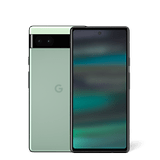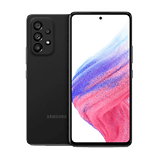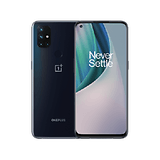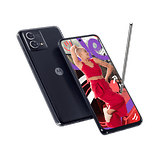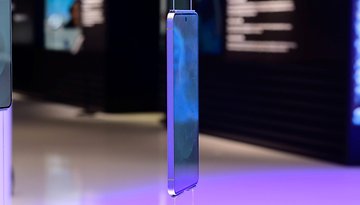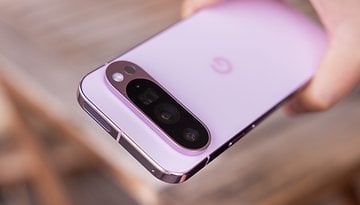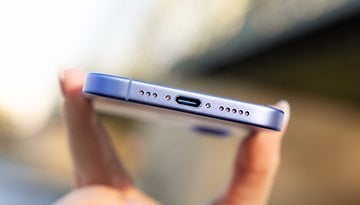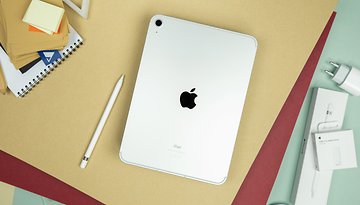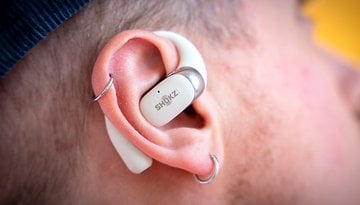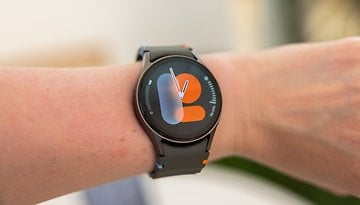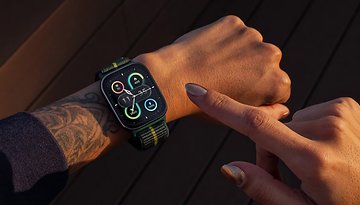Nothing Revived the Age-Old War Over Android Call Recording
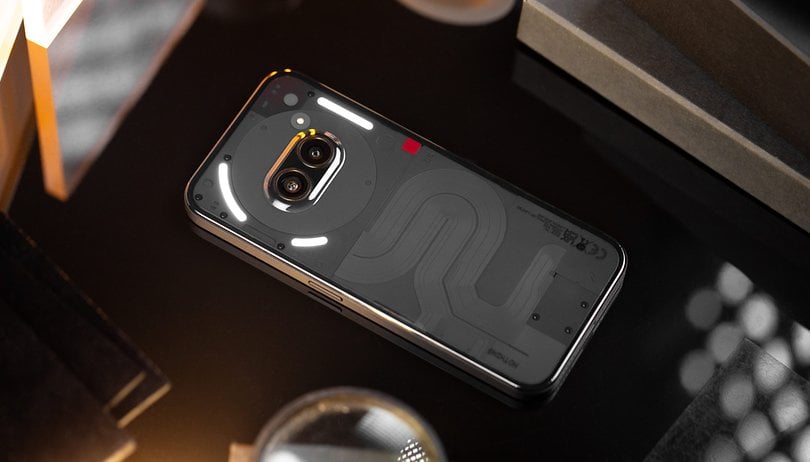

Nothing attracted some publicity that it could have done without. Following the Nothing Phone (2a)'s launch, the manufacturer proudly announced a 'new' feature. Its voice recorder lets you record phone calls "discreetly." This is considered an illegal practice in the EU, land of the GDPR (General Data Protection Regulation). However, over in the USA, the legality of call recording depends on the laws of the state. Unintentionally, Nothing revived an age-old battle between Google and call-recording apps. I invite you to dive with me into this "rabbit hole" that goes much further than you might think.
Privacy, GDPR, monopolistic abuses, anticompetitive practices...this recycled news hides a super-exciting soap opera. Nothing isn't even the main protagonist in this epic technical saga. I was able to talk to an application developer who made some fascinating revelations below, but for those of you who haven't been following the issue, let me explain.
Two weeks ago, Nothing boss Carl Pei announced via X that, by popular demand, the Nothing smartphone voice recorder app would be getting a new widget. Two days later, the Nothing OS 2.5.3 update was announced, including this famous widget.
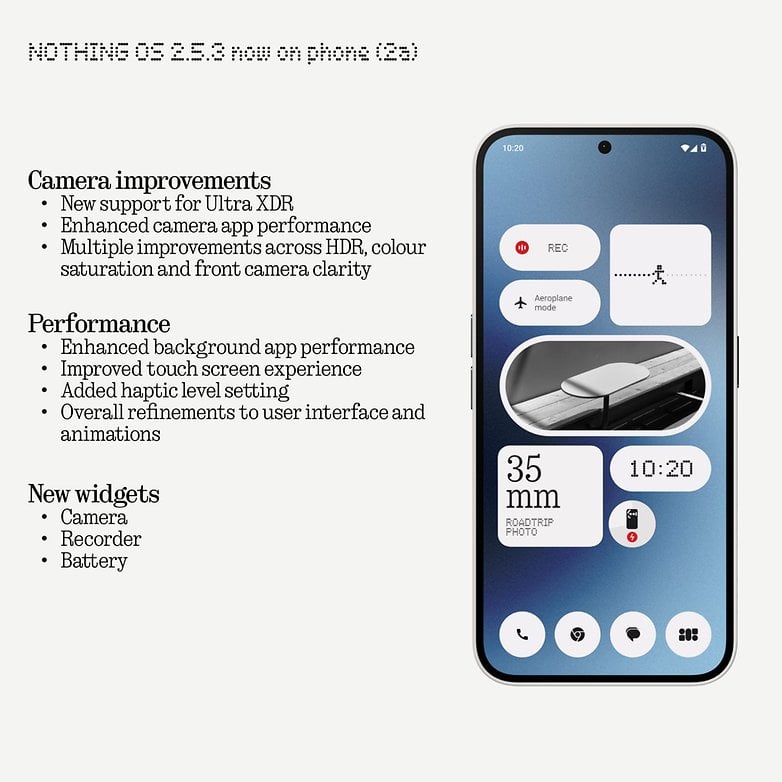
The problem with this Nothing feature
"What do you mean 'discreetly'?" you ask. I tried it for myself, calling my sister from my Nothing Phone (2a) (review). During the call, I was able to press the widget to record our conversation. If I hadn't informed my sister of the test I was running, she would never have realized that our conversation was being recorded.
Is there a problem? In fact, there are several. Firstly, in many regions, it is generally forbidden for a private individual to record a call. Even in cases where recording might be permitted, you cannot do it without the caller's knowledge.
Google, for example, offers a recording function in its official Phone application. This function is not available in Europe, according to GDPR regulations. Regarding the legality of using the call recording feature in the United States, it's important to note that the legality of call recording varies by state. And even where it is permitted, an audible alert informs each participant in a call that the call is being recorded. This alert function is built into the AOSP code. This is not the case with Nothing's solution, hence the "discreet" aspect mentioned by Carl Pei, which poses a problem.
The other, bigger concern is that Google has spent almost ten years restricting this kind of functionality on Android smartphones. It is this never-ending war that I'd like to refer to.
By burning its bridges, Nothing has added fuel to the fire
I'm going to stop talking about Nothing now because the manufacturer has been taking a lot of flak since the beginning for no reason. Naturally, I contacted them to find out whether this function would be withdrawn. I didn't receive a concrete answer, just a very generic global statement:
The Nothing Recorder widget is a system sound recording tool. All features and functionality of this widget are only available on the user's smartphone and Nothing has no access to the user's recording files, including Nothing's processing or use of these recording files. Users are responsible for determining the use of the tool, including its functionality, voice recording, and files. Nothing has always placed importance on compliance with the law, and users must also demonstrate personal responsibility.
Basically, for now, Nothing considers its function as not inherently bad. The manufacturer also claimed that call recording is not the primary use envisaged for this function, which merely records "the sound of the operating system". Finally, it is the users and their possible abuse of such a function who are to blame.
I may as well tell you that I'm not entirely convinced by this answer, but I'm sure that Nothing won't be content with this very shaky status quo. In reality, Nothing has simply bypassed years of Android restrictions by Google. Take your smartphone's voice recorder app or the screen recorder app for example. They can record system sounds.
However, in 99% of cases, you shouldn't be able to record the voice of the person you're calling on the phone with it. That's no accident, as Google has blocked all this on Android. That's the heart of the issue.
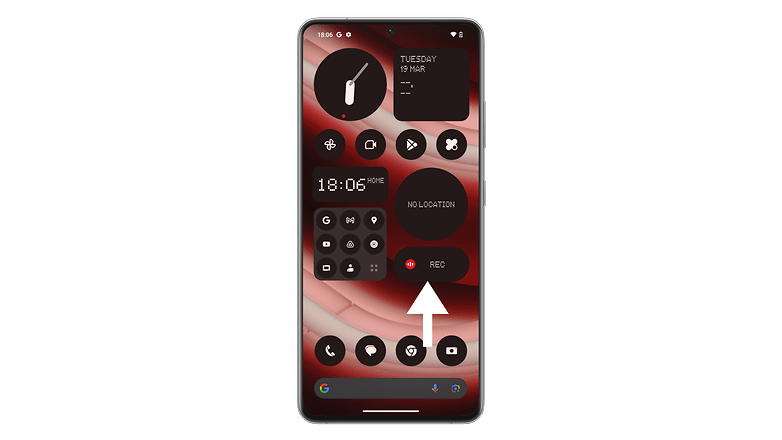
A cat-and-mouse game that dates back to Android 6
As I already mentioned, Nothing is not the primary protagonist of this story. When I was preparing this article, I contacted the CNIL (National Commission on Informatics and Liberty) and Google itself to ask what they thought about the legality of Nothing's initiative. There was no response from them, of course.
During my research, I also tried to install call recording apps from the Google Play Store. I came across an app, recommended in numerous online articles, known as ACR Phone. When I installed it on my smartphone, I came across a page explaining the restrictions imposed on this kind of app. I decided to get in touch with the developer, NLLApps.
This developer, who certainly preaches to the converted, was a real treasure trove of information. He explained to me that Android had and still has a call recording API, but access to this API by third-party applications was limited to Android 6. Manufacturers and Google applications can still access it.
"Someone found a solution that worked on the native side and that lasted until Android 9. In Android 9, Google also blocked it. Like many other apps, NLLApps started using microphone audio, and under Android 10, Google blocked it too. Someone then discovered that it was still possible to use microphone audio through Android's accessibility service," explains the developer.
He continued: "Starting with Android 11, Google has implemented a new policy for the Google Play Store. This prohibits applications using the accessibility service from using it for call recording. Starting with Android 13, Google introduced limitations to the Accessibility Service API, preventing apps from using the Accessibility Service installed by sideloading."
In short, the developer had to find solutions on his own to deal with all these roadblocks. During our interview, NLLApps denounced these Google practices as "anticompetitive and monopolistic."
Another anticompetitive practice by Google?
"Google's Phone app can be downloaded from the Google Play Store and has access to the call recording API and allows it in countries like India," NLLApps explains.
"Whereas we, as a third party app do not get access to it. If we did, on top of call recording, we could implement an on device answering machine or even an on device version of the 'hold for me' feature of Pixel phones."
If we take this logic, the fact that Google restricts third-party applications while offering the same functionality in its own app may indeed seem anticompetitive.
In Europe, this is less of an issue. I live in Germany, and in Google's Phone app, I don't have access to the call recording function.
And regarding legality, NLLApps makes a similar argument to Nothing. "We don't understand why Google says it's against the law for a feature that can be activated and used by the user. It's like refusing to sell cars because you might hit someone accidentally. It's the user's responsibility to respect local laws."
I don't totally agree with this argument. At least not when it comes to the feature, as Nothing has implemented it. The very purpose of this function is to record "discreetly." The primary intention is therefore to record without the interlocutor's knowledge. This is by nature illegal where I live. So this is not a case of a user abusing a function for which it was not originally intended.
Android's accessibility service: An open door to all security risks?
I'm well aware that I'm trying to inject some excitement into a niche topic within the tech world that doesn't necessarily interest the public. If we were to step outside this bubble, which I think remains fascinating, the global theme surrounding the risks associated with Android's accessibility services is also very interesting.
Granting permission to a third-party application to access accessibility services gives it enormous power over your smartphone. This includes reading content displayed on your screen, simulating taps and touch gestures in your interface, and much more.
Google certainly refined its authorization system. Apps that require access to this API must clearly state why on the Play Store.
"Some banking apps refuse to work if the accessibility service is enabled by an app, due to the powerful features of this API," NLLApps adds, for example.
Let's not forget, however, that accessibility services have a real usefulness for users with disabilities. Let's not demonize a set of features that make Android, and tech in general, more inclusive.
Conclusion
I can understand arguments that Google's constant blocking may be an unfair practice. Google offers the same call recording functionality in its own app, which is ironic.
I can also conceive that an application or function may not be illegal or amoral in itself. This involves the way it is used, which can be problematic and needs to be controlled.
However, I find that Nothing's case doesn't apply to this second argument, as I explained earlier. Even after taking all this into consideration, there are several cases in which I think the recording of a "discreet" call could be justified.
Above all, there are plenty of ways to get around these software restrictions. What is there to stop me from recording a call over the speakerphone with a dictaphone or another smartphone's voice recorder? Or installing an app like NLLApps that can be found outside the Play Store?
Finally, I think if an alert systematically informs all participants in a call that it's being recorded, this kind of functionality has a right to exist. What do you think?
